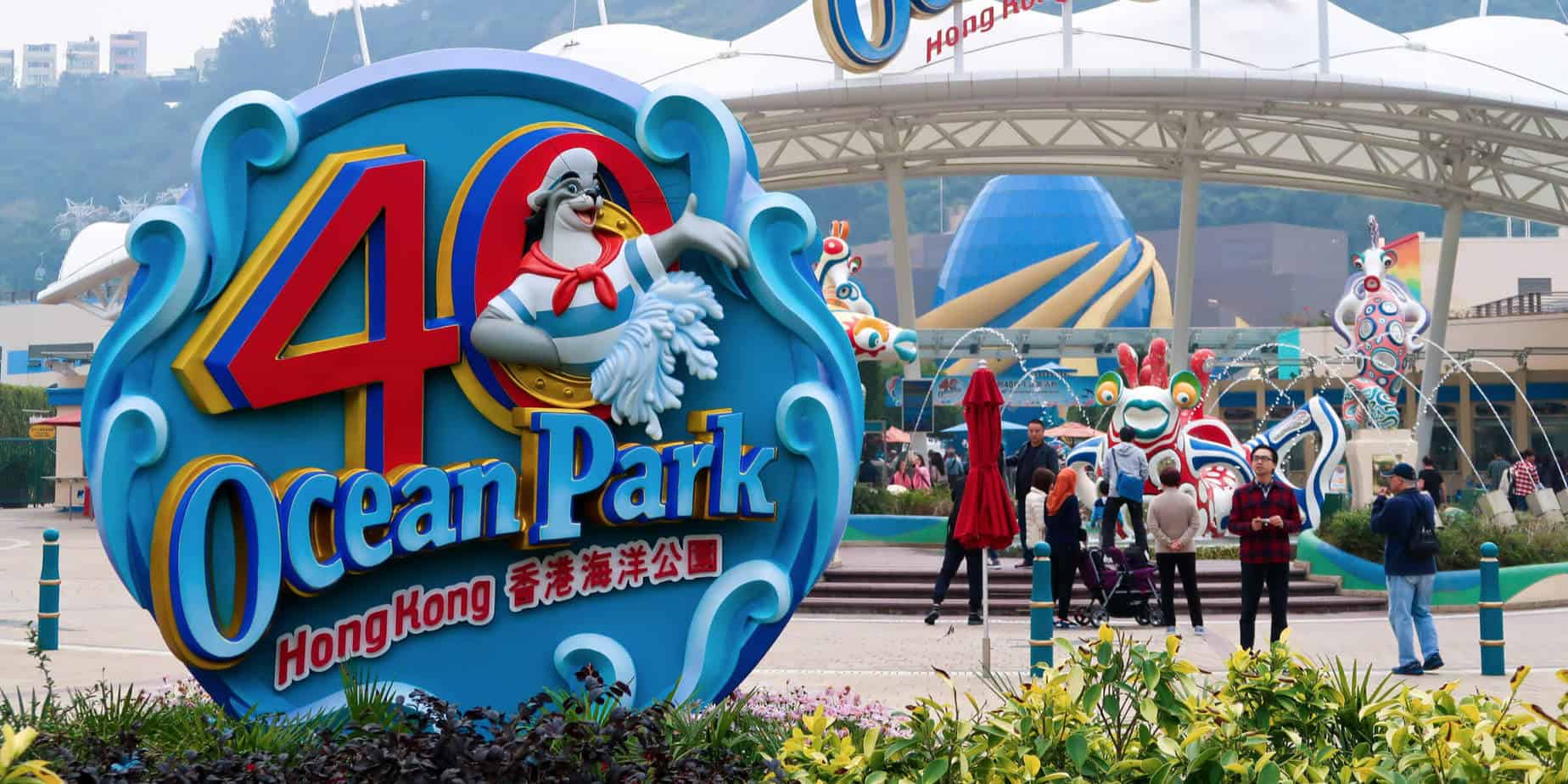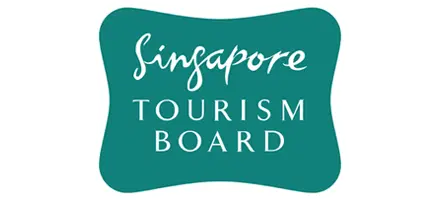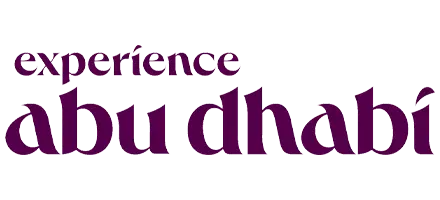

Package Starting from
We create unforgettable adventure, customised for your group.
Get A Callback









Let's Explore Hong Kong Tour Packages
Popular attractions include Victoria Peak for panoramic city views, Disneyland Hong Kong, the bustling markets of Mong Kok, Lantau Island for the Big Buddha and Tai O fishing village, and the vibrant Tsim Sha Tsui waterfront.
Hong Kong is a year-round destination, with each season offering its unique attractions and experiences. Autumn (October to early December) is ideal for outdoor activities with its cool and pleasant weather. Winter (late December to February) provides a cooler climate for exploring, while spring (March to May) brings mild temperatures and colorful blooms. Summer (June to August) is hot and humid but perfect for enjoying indoor attractions and vibrant festivals.
Hong Kong is famous for its culinary scene. Try dim sum, a traditional Cantonese meal of small dishes served with tea. Other must-try dishes include roast goose, wonton noodles, egg tarts, and milk tea. Street food markets also offer a variety of local snacks worth trying.
Prepaid SIM cards for tourists are widely available at the airport, convenience stores, and telecom shops throughout the city. These SIM cards offer local call, text, and 4G data services at reasonable rates. Free Wi-Fi hotspots are also available in many public areas, shopping malls, and MTR stations.
Hong Kong is a shopping paradise, offering everything from luxury brands to street markets. Popular shopping areas include Causeway Bay, Tsim Sha Tsui, and Mong Kok. Remember to bargain in street markets, but prices in malls and branded stores are usually fixed.
Indian citizens must apply for a pre-arrival registration (PAR) before visiting Hong Kong for a stay of up to 14 days. This can be done online through the Hong Kong Immigration Department's website. However, if you plan to stay longer or for purposes other than tourism, you may need to apply for a visa.
The Hong Kong Dollar (HKD) is the official currency. Money can be exchanged at banks, hotels, and authorized money exchangers. ATMs are widely available and credit cards are commonly accepted in most establishments.
Yes, English is widely spoken in Hong Kong, especially in tourist areas, hotels, and by younger people. However, Cantonese is the primary language, and knowledge of basic phrases can be helpful.
Hong Kong's dining scene is increasingly accommodating to vegetarians and vegans, with a variety of restaurants offering plant-based menus. Traditional Buddhist vegetarian cuisine is also available in some temples and specialized restaurants. Apps and websites that cater to vegetarians and vegans can help you find suitable dining options.
The most common way to travel between Hong Kong and Macau is by ferry. The journey takes about an hour, and services run frequently from the Hong Kong-Macau Ferry Terminal in Sheung Wan. Another option is the Hong Kong-Zhuhai-Macau Bridge (HZMB), which allows for bus and private vehicle crossings.
Macau is renowned for its unique blend of Portuguese and Chinese cultures. Top attractions include the Ruins of St. Paul's, Senado Square, A-Ma Temple, and the Macau Tower. The city is also famous for its casinos and vibrant nightlife, often dubbed the "Las Vegas of Asia."
Opening hours vary throughout the year, typically extending during weekends, public holidays, and peak tourist seasons. It's essential to check the official Hong Kong Disneyland website for the current opening hours during your planned visit.
Yes, you can leave the park and re-enter on the same day. Make sure to get a hand stamp upon exit and keep your admission ticket for re-entry.
Must-see attractions include the iconic Sleeping Beauty Castle, Space Mountain, and the recently added Iron Man Experience. Don't miss the "Disney Parade" and the "Disney Illuminations" nighttime show, which are highlights for many visitors.
The park offers a wide range of dining options, from quick-service snacks to themed sit-down restaurants. Halal, vegetarian, and other dietary preferences can be accommodated at various dining locations. It's
5
2009
4
1501
3
0
2
0
1
0
Our family trip to Hong Kong with Dream Travel Yaari was beyond amazing! Visiting the iconic Victoria Peak and exploring the vibrant streets of Mong Kok felt like stepping into a different world. The guides arranged by Dream Travel Yaari were incredibly knowledgeable, especially when explaining the cultural significance of places like the Man Mo Temple. The dim sum experience was a culinary delight that reminded us of home yet offered a taste of local flavors. Dream Travel Yaari's meticulous planning made our journey hassle-free and filled with unforgettable moments. Highly recommend them for their exceptional service
Dream Travel Yaari did a fantastic job organizing our Hong Kong tour. The visit to Disneyland was a dream come true, and the Lantau Island excursion was serene. While the tour was brilliantly planned, we wished for more leisure time to explore the local markets. Nonetheless, it was a well-spent holiday, thanks to the efficient planning by Dream Travel Yaari
Choosing Dream Travel Yaari for our Hong Kong adventure was the best decision! The Symphony of Lights cruise was a mesmerizing experience, and the cultural insights provided by our guides added depth to our visit. The blend of modernity and tradition in Hong Kong was captivating, and Dream Travel Yaari ensured we experienced it all comfortably. Their attention to the preferences of Indian travelers made our trip exceptionally enjoyable
Our Hong Kong journey with Dream Travel Yaari was memorable. The itinerary included all the major attractions, and the food recommendations were spot-on for Indian palates. The only suggestion would be to include more shopping time, as Hong Kong offers a plethora of markets. Overall, Dream Travel Yaari's organization and care made our tour very special
Dream Travel Yaari made our Hong Kong trip an extraordinary experience. From the bustling streets of Kowloon to the tranquil beauty of the Nan Lian Garden, every day was a new adventure. The tour was well-paced, with enough time for both sightseeing and relaxation. The guides were considerate of our needs and made sure we had access to Indian cuisine, which was a thoughtful touch. We're already planning our next trip with Dream Travel Yaari
Dream Travel Yaari curated an exceptional Hong Kong tour for us. The visit to Victoria Harbour and the stunning view from The Peak were unforgettable. The tour guides were very accommodating, ensuring we had vegetarian dining options throughout our journey. Their understanding of the needs of Indian families made our trip incredibly smooth and enjoyable. Definitely recommend Dream Travel Yaari for their outstanding service
Our Hong Kong adventure with Dream Travel Yaari was wonderful. The itinerary was a perfect mix of cultural sites, such as the Wong Tai Sin Temple, and fun activities at Ocean Park. The travel arrangements were comfortable, and the team was always on hand to assist. My only feedback would be to include more local shopping experiences in the itinerary. Overall, a great travel experience tailored for Indian tourists
Dream Travel Yaari provided us with a once-in-a-lifetime experience in Hong Kong. The night markets and the Symphony of Lights cruise were highlights of our trip. The guides were knowledgeable and made sure to include Indian restaurants in our schedule, which was much appreciated. Their professionalism and attention to detail made our vacation stress-free and thoroughly enjoyable
Traveling to Hong Kong with Dream Travel Yaari was a delightful experience. The journey was well-organized, with visits to major attractions like Disneyland Hong Kong, which was a hit with the kids. The accommodations were comfortable, and the travel team was very responsive to our needs. It would have been nice to explore more off-the-beaten-path destinations, but overall, it was an excellent tour tailored for Indian travelers
Our group tour to Hong Kong with Dream Travel Yaari exceeded all expectations. The blend of cultural excursions and leisure activities was perfect for our diverse group. The tour management was impeccable, with special arrangements for Indian meals and prayer times. The highlight was the traditional junk boat ride, offering a unique perspective of Hong Kong's skyline. Dream Travel Yaari's commitment to providing a culturally sensitive and enjoyable experience for Indian tourists is commendable